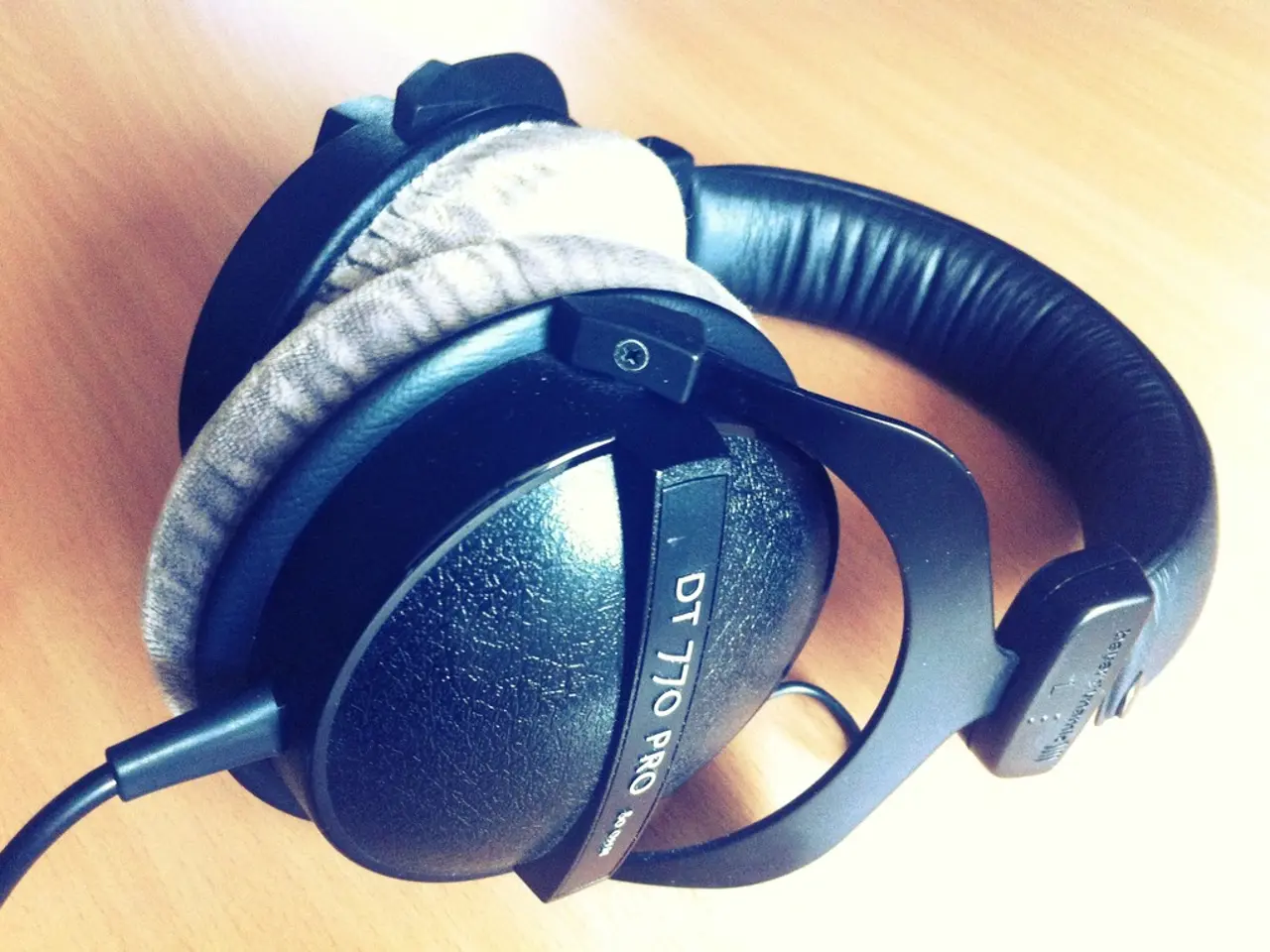Unsupported Windows 10 PC received an unexpected offer for a Windows 11 upgrade, disregarding its lack of compatibility with the TPM 2.0 requirement that Microsoft had declared as non-negotiable.
Microsoft has unveiled a series of concessions aimed at addressing concerns surrounding the end of support for Windows 10, scheduled for October 14, 2025. These measures include providing Extended Security Updates (ESU) for individual users, affordable pricing for schools, and a new OneDrive option. However, the tech giant's approach has not appeased everyone, with Public Interest Research Group (PIRG) expressing frustration over the lack of a comprehensive solution.
Windows 11 Upgrade Offered to Unsupported Hardware
Reports suggest that Microsoft has extended Windows 11 upgrade offers to unsupported hardware, despite the system's stringent requirements. This phenomenon has been attributed to quirks in the update process, variations in BIOS/firmware settings, or potential bugs. For instance, a Lenovo IdeaPad S145-15IWL laptop, equipped with an Intel 8th Gen i5 processor but lacking TPM 2.0, received an upgrade offer despite the laptop's non-compliance with the TPM 2.0 requirement.
Microsoft emphasises that installing Windows 11 on unsupported hardware is not recommended, and such devices may not receive updates. There are known methods for bypassing hardware checks during installation, indicating some flexibility or gaps in Microsoft’s enforcement.
PIRG's Concerns and Environmental Impact
PIRG has petitioned Microsoft to reconsider its decision to cut support for Windows 10, citing potential environmental concerns. The organisation believes that Microsoft has not gone far enough in addressing user concerns, as it has not committed to providing longer support for Windows 10 or loosening the hardware requirements for Windows 11.
PIRG's petition highlights the potential for a significant increase in junked computers due to Microsoft's decision to end support for Windows 10. As Windows 11 was released in 2021 and has already surpassed Windows 10 as the most dominant desktop OS, with a 50.88% market share, this concern is gaining traction.
Microsoft's Response and Alternatives
In response to these concerns, Microsoft has introduced the Windows 10 ESU program, free cloud sync, and a new OneDrive option as solutions for users who prefer Windows 10. Users can continue using Windows 10 securely by enrolling in the ESU program for a fee of $30 per device, or they can sync their PC settings data with the cloud via a Microsoft Account to receive free security updates for an extra year.
Despite the controversy, Microsoft claims that upgrading to Windows 11 will result in PCs being 5x faster compared to a 5-year-old Windows device. The company has not made any announcements or changes to the TPM 2.0 requirement for Windows 11, maintaining that it is a "non-negotiable" official requirement.
As the deadline for Windows 10 support nears, users are urged to upgrade to Windows 11 to avoid missing out on critical security updates. However, continuing to use a Windows 10 PC without availing of the alternatives may expose it to privacy and security risks.
[1] BornCity report on Windows 11 upgrade offers on unsupported PCs [2] Article on registry methods and tools for bypassing hardware checks during Windows 11 installation [3] Lenovo IdeaPad S145-15IWL laptop with TPM disabled BIOS case [4] Article on Microsoft’s enforcement flexibility or gaps in Windows 11 upgrade offers [5] Report on potential bugs or BIOS/firmware conditions in Windows 11 upgrade offers
- Despite Microsoft's stringent requirements for Windows 11, reports suggest that the company has extended upgrade offers to unsupported hardware, such as the Lenovo IdeaPad S145-15IWL laptop.
- This phenomenon may be due to quirks in the update process, variations in BIOS/firmware settings, or potential bugs.
- Microsoft advises against installing Windows 11 on unsupported hardware, as such devices may not receive updates.
- PIRG has petitioned Microsoft to reconsider its decision to end support for Windows 10, expressing concern about potential environmental implications.
- PIRG believes that Microsoft should commit to providing longer support for Windows 10 and loosening the hardware requirements for Windows 11.
- In response to these concerns, Microsoft has introduced the Windows 10 Extended Security Updates (ESU) program, free cloud sync, and a new OneDrive option as alternatives for users who prefer Windows 10.
- Upgrading to Windows 11 can result in PCs being 5x faster compared to a 5-year-old Windows device, according to Microsoft, but the company has not made any changes to the TPM 2.0 requirement.




